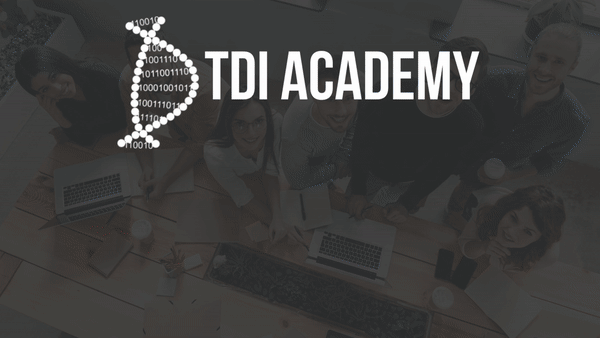Interview: Grace Zhang, Qianhai P&C
This month we speak to Grace Zhang of Qianhai P&C about the digital insurance developments in China and the impact that smart home applications will have on property insurers.
Q.1 What is your view of the insurance market in China – as it currently is, and into the next 3 – 5 years?
Despite the hype around Zhong An, Ant Financial and Ping An, the Chinese insurance industry is very early stage. There’s an interesting paradox in the fact that auto insurance accounts for 70% of property insurance premiums in China, while autonomous vehicles are already being tested in Beijing. Considering the impending disruption to auto insurance and many other property lines, those seeking to succeed will need to foster a mindset much longer than the 3-5 year time frame.
Q.2 Which will have a bigger impact on the insurance industry, blockchain or AI?
Although Blockchain appears to have more disruptive potential, the applications are more obvious for AI currently. For example, customer service queries for insurance are relatively narrow with most relating to policy renewal and coverage terms, AI enabled chatbots are already handling basic customer service requests such as this.
Q.3 The notion of an ecosystem seems especially relevant in China (Ping An Good Doctor or China Life retirement homes for example). Why do you think we don’t see the ‘ecosystem’ phenomenon in the west?
Actually, I think there are several ecosystems evident in the west, although they are less obvious. Amazon is probably the best known, first selling books online, then using their warehouses and logistics to expand their e-commerce offering, then using the data centers established to support Amazon’s e-commerce business to launch AWS. So we can see Amazon gradually expanding into adjacent industries. So the west is equally capable of establishing ecosystems, although they are less obvious, they are just as powerful.
Q.4 The CIRC is imposing strict regulations on the development of digital insurance in China. Do you think there’s a risk that CIRC could stiffle innovation through too many rules and restrictions?
It’s important to recognize that the CIRC is currently trying to manage a huge transition within the industry. There may be cases of over restriction by CIRC, but I think it’s better to be overly conservative than too liberal with regard to regulating financial services.
Q.5 What can traditional insurers do to compete with InsurTechs?
Currently, insurers are embracing different strategies including investing in InsurTechs, establishing innovation labs and funding internal projects. Ultimately, I think the key success factor for traditional insurers seeking to compete with InsureTechs is to identify those with superior technology early.
Q.6 What impact will the smart home have on property insurers?
I think the smart home is actually a more challenging vision to realize than many appreciate. In addition to the installation costs, many smart home appliances will require periodic maintenance that requires offline resources. Finally, recent scandals involving data breaches at tech companies have intensified the sensitivity regarding privacy and the fact that smart home use cases rely heavily on monitoring usage and location data may also impede their mass adoption.
Q.7 Smart home products that are reaching critical mass including home assistants such as the Amazon Echo and Google Home. Do you think these internet giants will be able to launch successful hardware offerings that compliment their home assistants?
Yes Amazon and Google have the speech recognition and distribution capabilities to establish positions in the smart home market. I think it’s interesting that both Amazon and Google have failed to launch successful hardware propositions, the Amazon Fire was discontinued, and Google’s acquisition of Nest was also a failure. Yes Amazon did succeed with the Kindle, but that is a narrow use case and I doubt that the established internet players, including Tencent, will be able to produce the hardware necessary to establish real ecosystems in the home. Instead, I see a huge opportunity for the traditional home appliance manufacturers such as Dyson, Siemens and increasingly, Apple.




















































Comments